Journaling holds immense potential for women, offering a range of advantages that cater to their unique needs and experiences. Let's take a closer look at the specific benefits of journaling for women:
1. Promotes Self-Reflection
Journaling provides a safe space for women to explore their innermost thoughts, feelings, and desires. Through the act of writing, women can gain a deeper understanding of themselves, their values, and their goals. By reflecting on past experiences and documenting their thoughts, women can foster self-awareness and develop a clearer sense of their identity.
2. Enhances Mental Health
Writing in a journal has been shown to have positive effects on mental health, particularly for women. The act of journaling can serve as a form of therapy, allowing women to release pent-up emotions, reduce stress levels, and alleviate symptoms of anxiety and depression. It provides a private outlet for expressing emotions, which can ultimately lead to improved mental well-being.
3. Cultivates Emotional Balance
Women often face unique emotional challenges due to hormonal fluctuations, societal pressures, and various life transitions. Journaling offers a constructive way to navigate these challenges and cultivate emotional balance. By acknowledging and processing emotions through writing, women can gain a sense of control over their feelings, leading to increased emotional resilience and overall stability.
4. Sparks Creativity
Journaling can be a catalyst for creativity and self-expression. Women can use their journals as a canvas to explore their imagination, brainstorm ideas, and delve into creative pursuits. The act of writing freely can unlock hidden talents and inspire new perspectives, empowering women to tap into their creative potential.
5. Facilitates Personal Development
Through regular journaling, women can track their personal growth and development over time. By documenting their experiences, insights, and lessons learned, they can gain valuable self-knowledge and identify patterns of behavior or thought that may hinder their progress. Journaling facilitates self-improvement by providing a platform for setting goals, tracking achievements, and making positive changes.
6. Strengthens Problem-Solving Skills
When faced with challenges or dilemmas, women can turn to journaling as a problem-solving tool. Writing about a specific problem or situation allows for a more objective analysis of the issue at hand. By documenting thoughts, possible solutions, and their pros and cons, women can gain clarity and develop effective strategies for resolving problems.
7. Boosts Confidence and Self-Esteem
Journaling can significantly boost confidence and self-esteem in women. By reflecting on achievements, acknowledging personal strengths, and celebrating successes, women can develop a more positive self-image. Regular journaling reinforces self-belief and serves as a reminder of past triumphs, instilling a sense of empowerment and resilience.
8. Improves Communication Skills
For women who struggle with expressing themselves verbally, journaling can be a valuable tool for improving communication skills. Writing freely in a journal allows for unrestricted self-expression, helping women to find their voice and articulate their thoughts and feelings more effectively. This enhanced communication ability can extend to personal relationships, professional settings, and even self-advocacy.
9. Fosters Mindfulness and Gratitude
Journaling can serve as a gateway to mindfulness and gratitude for women. By engaging in mindful journaling, women can focus their attention on the present moment, heightening their awareness of their surroundings and emotions. This practice can promote a sense of calm and reduce anxiety. Additionally, journaling prompts that encourage gratitude can shift women's perspective towards recognizing and appreciating the positive aspects of their lives, fostering a sense of contentment and overall well-being.
10. Supports Time Management and Organization
Women often juggle multiple responsibilities and commitments, making time management and organization crucial. Journaling can serve as a valuable tool for planning, prioritizing tasks, and managing schedules. By creating to-do lists, setting goals, and tracking progress, women can enhance their productivity and find a sense of control over their daily lives.
11. Encourages Problem-Solving and Decision-Making
Journaling provides a structured approach to problem-solving and decision-making for women. By writing down the details of a problem or decision, women can analyze the situation objectively and explore different perspectives. The process of journaling enables them to evaluate options, weigh pros and cons, and ultimately make more informed choices.
12. Strengthens Memory and Cognitive Function
Regular journaling can have a positive impact on memory and cognitive function in women. Writing about daily experiences, reflections, and ideas exercises the brain, improving memory recall and enhancing cognitive abilities. The act of organizing thoughts and writing them down reinforces neural connections, supporting mental sharpness and cognitive agility.
13. Provides Stress Relief
Journaling serves as a powerful stress relief tool for women. Writing about stressful events, challenging emotions, or overwhelming situations helps to externalize stress and reduce its impact on mental and physical well-being. By transferring thoughts and worries onto paper, women can experience a sense of release and find solace in the act of journaling.
14. Enhances Problem-Solving Skills
Women often encounter various problems and obstacles in their personal and professional lives. Journaling can enhance problem-solving skills by providing a dedicated space for brainstorming, exploring different solutions, and evaluating their potential outcomes. This process allows women to approach problems with a more analytical mindset and develop effective strategies for resolution.
15. Cultivates Self-Compassion and Self-Care
Journaling encourages women to practice self-compassion and prioritize self-care. By writing about their experiences, emotions, and self-reflections, women can develop a deeper understanding and acceptance of themselves. Journaling promotes self-compassion by allowing women to be kinder to themselves, acknowledge their accomplishments, and nurture their well-being.
16. Supports Personal Relationships
Journaling can have a positive impact on personal relationships for women. By exploring their thoughts and emotions in writing, women can gain insight into their relational dynamics, identify patterns, and communicate more effectively. Journaling can also serve as a platform for writing letters, expressing gratitude, or resolving conflicts, enabling women to foster healthier and more fulfilling relationships.
FAQs about Journaling for Women
Is journaling only beneficial for women?
- Journaling offers benefits to individuals of all genders. However, this article focuses specifically on the benefits of journaling for women, highlighting the ways in which it caters to their unique needs and experiences.
How often should women journal to experience these benefits?
- The frequency of journaling depends on individual preferences and schedules. Some women find it helpful to journal daily, while others may prefer a few times a week. The key is to establish a consistent practice that works for you.
Can journaling replace therapy for women with mental health concerns?
- Journaling can be a valuable complement to therapy, but it may not replace professional mental health support. Women with significant mental health concerns should consult a qualified mental health professional for appropriate guidance and treatment.
What if I don't know what to write about in my journal?
- If you're unsure of what to write about, you can start by describing your day, expressing your current emotions, or reflecting on a recent event or experience. You can also use prompts or guided journaling exercises to stimulate your thoughts and creativity.
Can journaling help women with their career development?
- Yes, journaling can be a valuable tool for women in their career development. By documenting their career goals, aspirations, and progress, women can gain clarity, track their achievements, and identify areas for growth. Journaling can also serve as a space to reflect on challenges, brainstorm ideas, and strategize for professional success.
What if I'm not a skilled writer? Can I still benefit from journaling?
- Absolutely! Journaling is not about being a skilled writer or creating perfect prose. It's a personal practice that focuses on self-expression and self-reflection. Your journal is a judgment-free zone, and you can write in any style or format that feels comfortable to you. The primary goal is to engage in a process of self-discovery and personal growth.
Conclusion
Journaling offers a multitude of benefits for women, supporting their mental health, emotional well-being, creativity, personal development, and more. By providing a safe and private space for self-reflection, journaling promotes self-awareness, emotional balance, and personal growth. It serves as a tool for problem-solving, decision-making, and enhancing communication skills. Additionally, journaling encourages mindfulness, gratitude, and self-compassion, while also supporting memory and cognitive function.
Regardless of writing skills or experience, women can embark on a journaling journey and reap its many rewards. So grab a pen and paper or open a digital journal, and start exploring the transformative power of journaling in your own life.
Remember, the benefits of journaling for women are vast and unique. It's a practice that can empower you, provide clarity, and promote self-care. So why not give it a try and discover the positive impact journaling can have on your life?

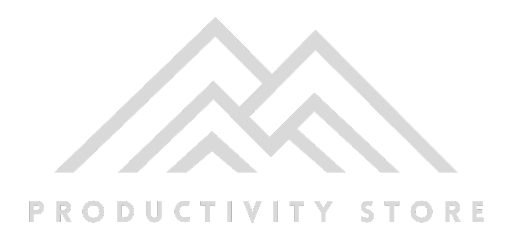






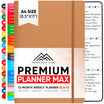
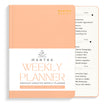
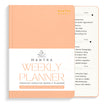

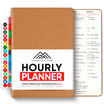

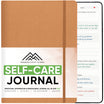
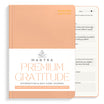
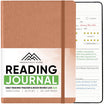
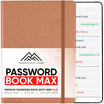
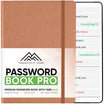

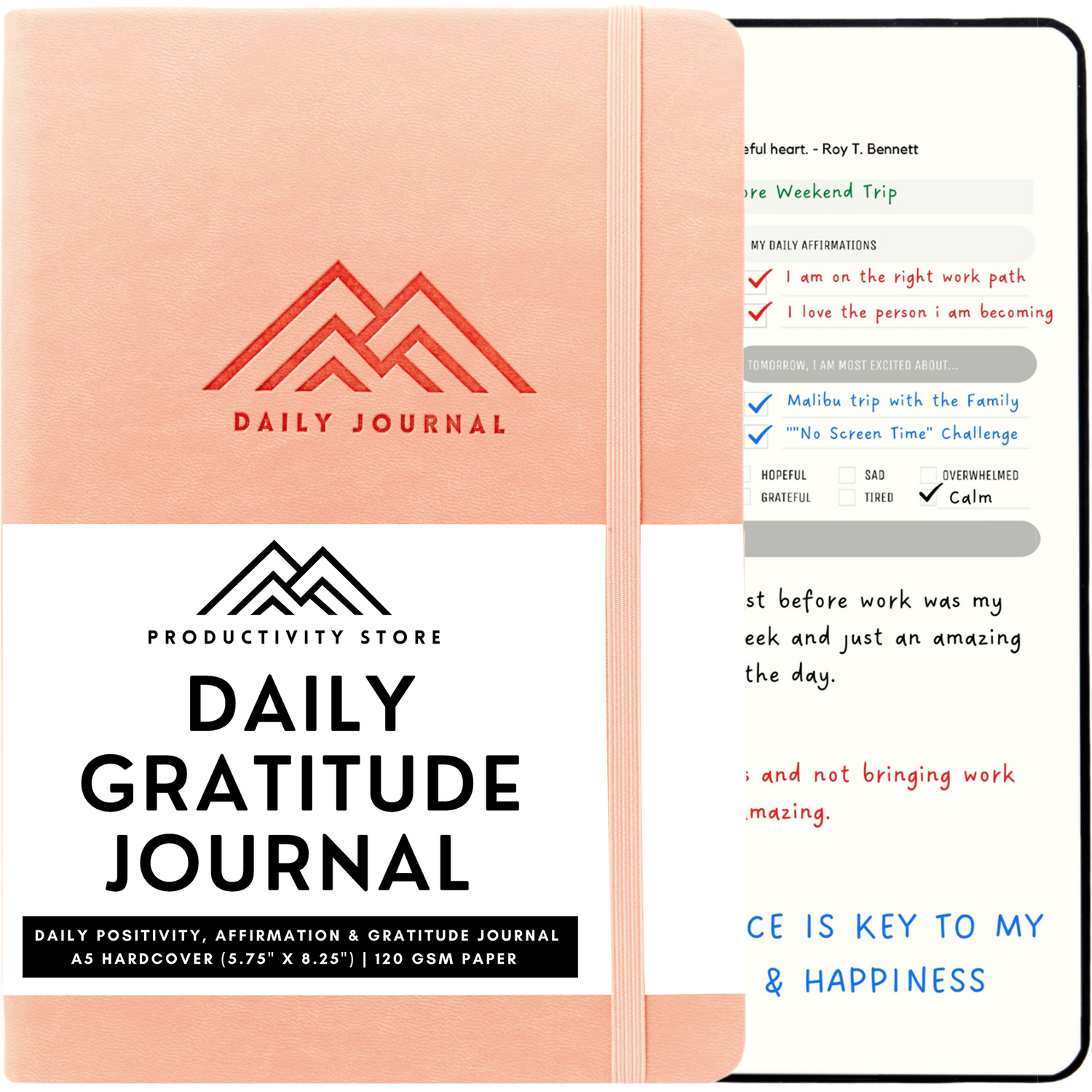
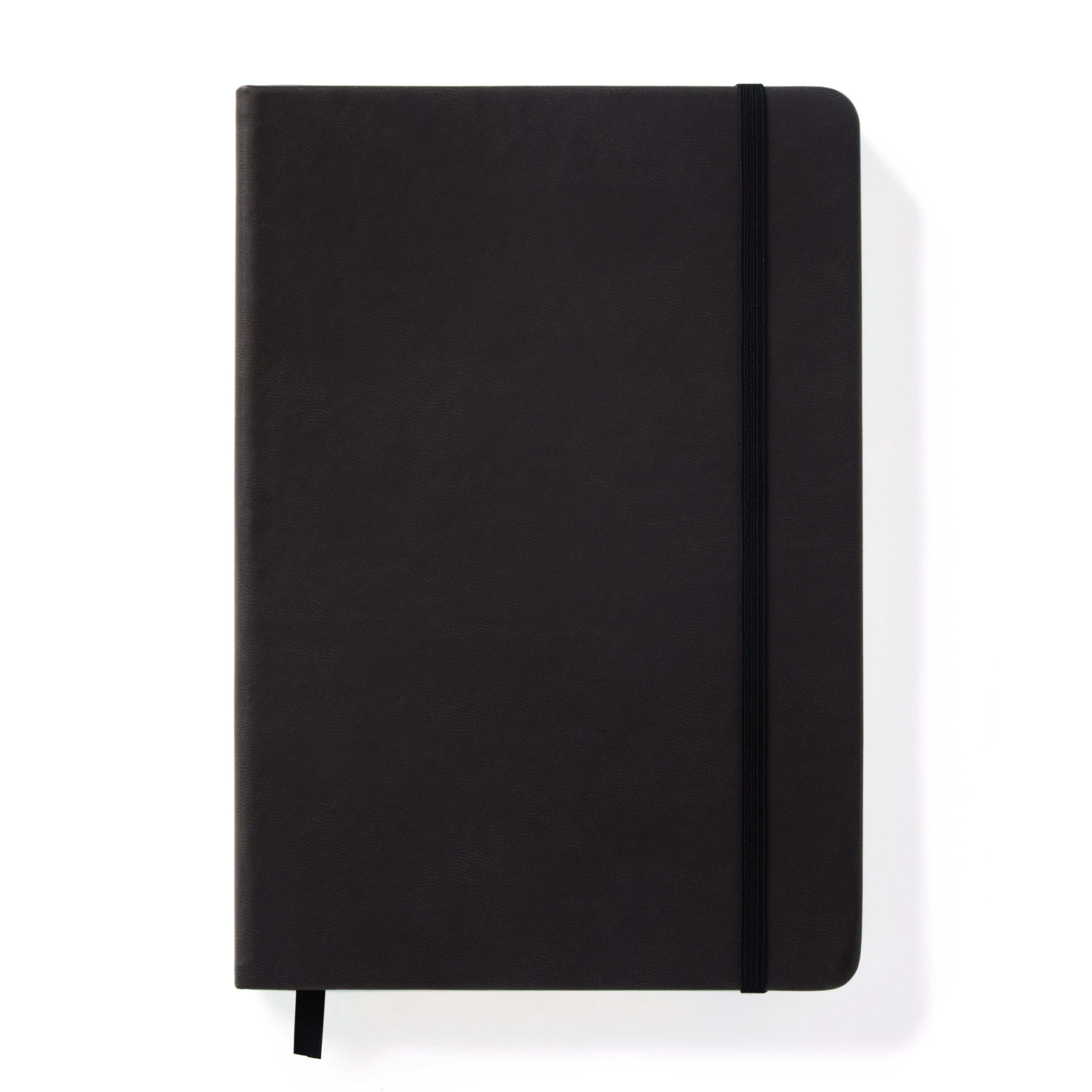
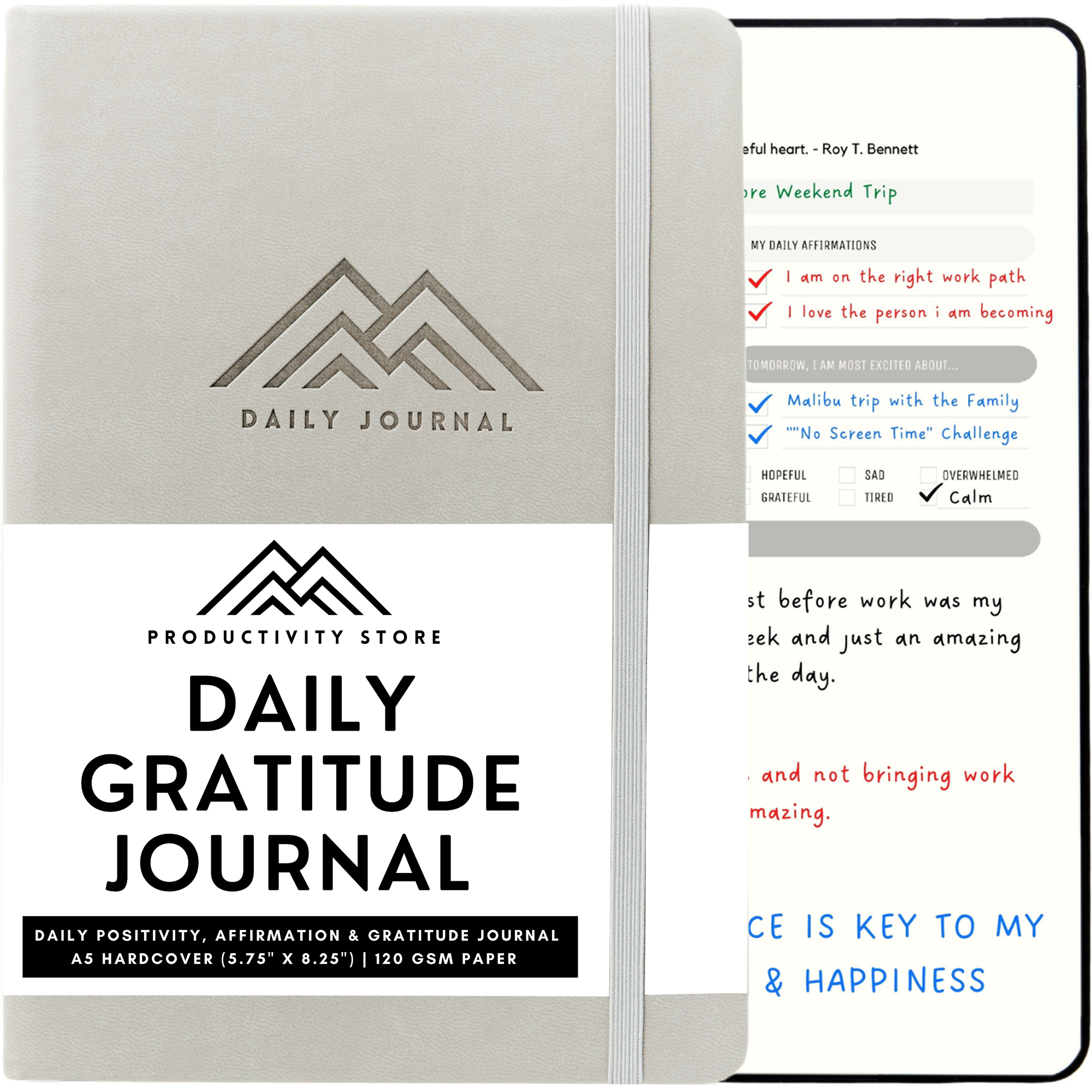
Leave a comment
All comments are moderated before being published.
This site is protected by hCaptcha and the hCaptcha Privacy Policy and Terms of Service apply.